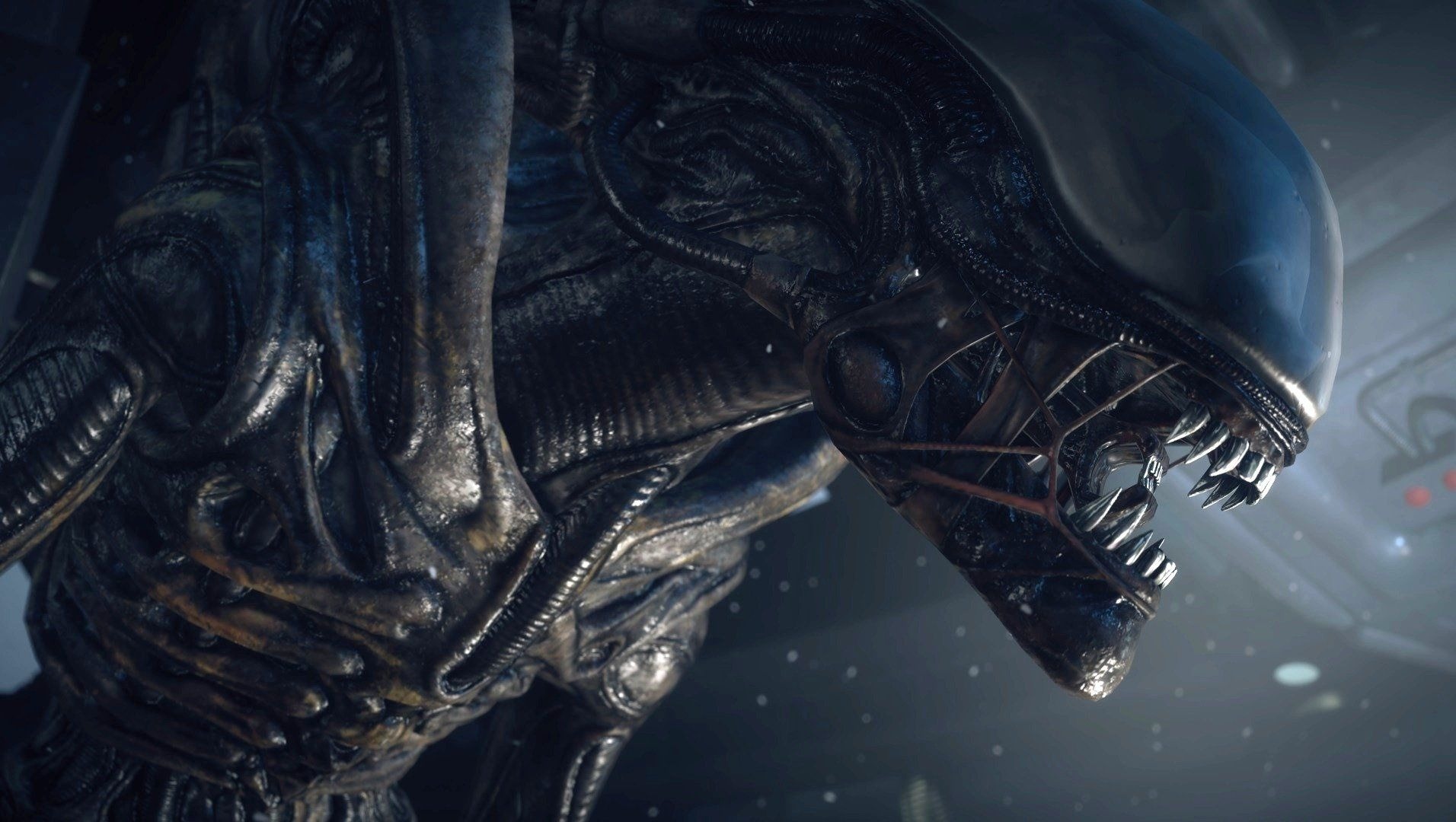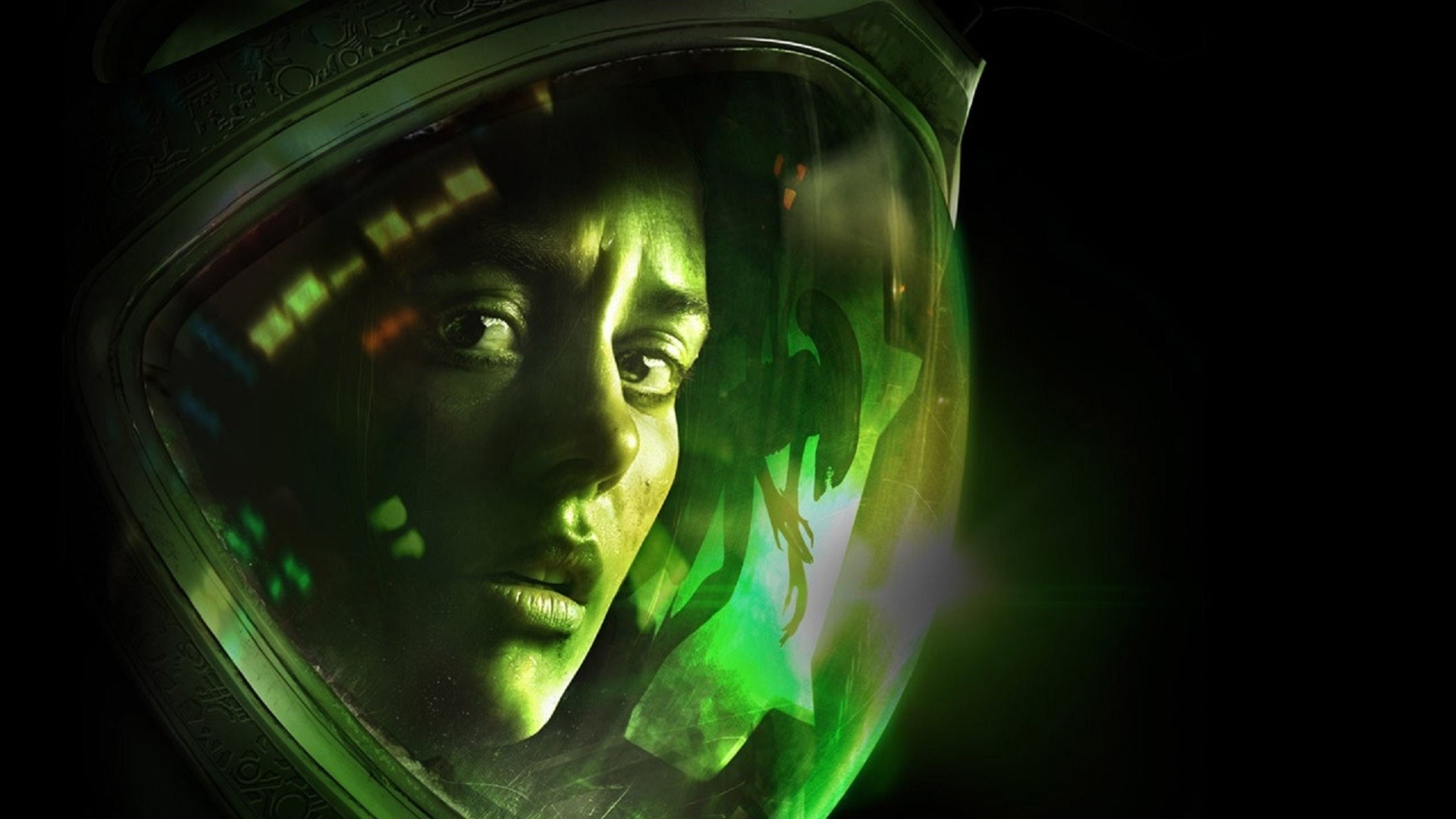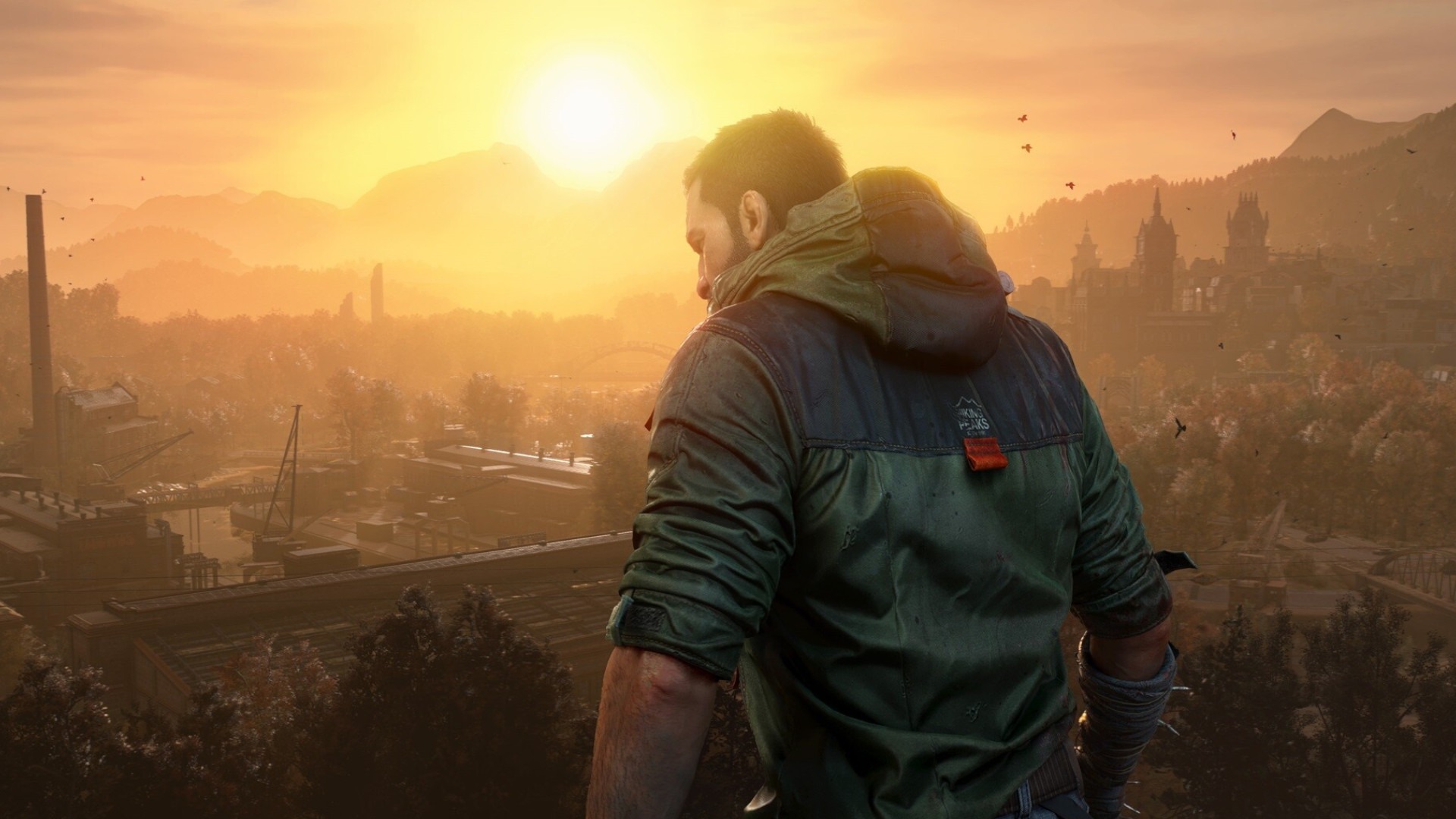Xenomorph’s ‘Perfection’ Accidentally Padded ‘Alien: Isolation’ Runtime, Writer Confirms
Popular Now
 R.E.P.O
R.E.P.O
 Minecraft
Minecraft
 Among Us
Among Us
 Sonic the Hedgehog™ Classic
Sonic the Hedgehog™ Classic
 Free Fire
Free Fire
 Poppy Playtime
Poppy Playtime
 BeamNG.drive
BeamNG.drive
 EA SPORT FC 25
EA SPORT FC 25
 Candy Crush Saga
Candy Crush Saga
 PUBG Mobile
PUBG Mobile  Creative Assembly’s 2014 survival-horror masterpiece, Alien: Isolation, is universally lauded for its suffocating atmosphere, meticulous retro-futuristic design, and, most famously, its utterly terrifying, unpredictable antagonist: the Xenomorph. However, a near-unanimous critique of the game often revolves around its length. At an average completion time often stretching past 18–20 hours for the main campaign, it’s significantly longer than most horror titles, and now, a key member of the development team has confirmed this extended runtime was an unintended side-effect of the creature’s brilliant but burgeoning intelligence.
Creative Assembly’s 2014 survival-horror masterpiece, Alien: Isolation, is universally lauded for its suffocating atmosphere, meticulous retro-futuristic design, and, most famously, its utterly terrifying, unpredictable antagonist: the Xenomorph. However, a near-unanimous critique of the game often revolves around its length. At an average completion time often stretching past 18–20 hours for the main campaign, it’s significantly longer than most horror titles, and now, a key member of the development team has confirmed this extended runtime was an unintended side-effect of the creature’s brilliant but burgeoning intelligence.
In a recent interview, Creative Assembly writer Dion Lay conceded that the game runs longer than the team originally intended, stating that in a “perfect world,” he would “shrink it down a bit, get down its core.” The unexpected culprit? The continuous, late-stage evolution of the Xenomorph’s highly sophisticated, adaptive Artificial Intelligence (AI).
 The Adaptive AI: A Double-Edged Sword for Pacing
The Adaptive AI: A Double-Edged Sword for Pacing
The core of Alien: Isolation’s horror experience is the Xenomorph’s unscripted hunting behaviour. Unlike the predictable, fixed-path enemies in many other games, the creature in Isolation is governed by a complex two-tier AI system—a ‘Director’ AI that manages pacing and tension, and the on-screen Xenomorph AI that responds to its immediate senses and player actions. This system allows the Alien to genuinely learn and adapt, making the player’s preferred strategies—like excessive use of the flamethrower or frequent hiding in lockers—gradually less effective.
Dion Lay explained the critical timing issue that led to the game’s extended duration:
- In early development, the Xenomorph’s AI was less capable, struggling to maintain consistent pressure on the player.
- To compensate for this, the development team added extra missions and extended sequences to ensure the tension remained high and the experience felt satisfying. This added content was designed around a dumber Alien.
- As development progressed, the creature’s behavioral systems matured significantly, reaching a level of dynamic, reactive, and intelligent sophistication that became the game’s hallmark. Lay noted, “The Alien really evolved as we were making it. By the time it was perfect, it was like, ‘Oh, wow, everything takes a lot longer!’”
The problem was clear: the narrative and mission structure that had been padded to account for a weaker threat was already “baked in” by the time the AI became the Perfect Organism it was meant to be. This meant that missions designed to take a short, brisk time became grueling, drawn-out affairs, naturally driving up the overall playtime for players who were forced to be far more cautious against the now incredibly smart predator.
High-Tension Gameplay Drives Up Player Hours
The Xenomorph’s capability directly impacts the pace of play. When facing an enemy that can emerge from a vent at any time, listen for footsteps, search hiding places, and ignore used decoys, players naturally slow down. Every small task—from using the terminal to simply crossing a corridor—becomes a meticulous, time-consuming stealth operation. This deliberate, slow-burn survival-horror approach, while contributing heavily to the game’s lauded atmosphere and high-stakes feeling, inadvertently stretched the total campaign length far beyond the initial script’s scope.
Lay acknowledged this as a “fair criticism” from the fanbase, particularly regarding the game’s final third, where the pacing can begin to drag for some. The sheer exhaustion of maintaining maximum tension for nearly 20 hours is a rare experience in the genre, a testament to the AI’s success but a structural challenge for the narrative.
 Implications for the Future of Smart AI in Games
Implications for the Future of Smart AI in Games
This revelation from the writer highlights a crucial, often unseen struggle in game development, especially when an innovative AI is a central feature. The development cycle of advanced AI is often iterative and late-stage. When the core threat of the game becomes exponentially more competent than planned, all surrounding content—level design, mission objectives, and narrative pacing—needs to be adjusted. In the case of Alien: Isolation, the structural complexity of Sevastopol Station made such late-stage surgical cuts all but impossible without “upending everything.”
The game remains a landmark achievement, securing its position as one of the best and most intense horror experiences of the last decade. Its prolonged runtime, while sometimes criticized, is an accidental by-product of delivering a truly next-generation enemy—a Xenomorph whose structural perfection was matched by an AI that outsmarted the very developers who created it. This unique legacy reinforces the game’s cult status and serves as a powerful cautionary tale for developers seeking to harness the unpredictable nature of highly adaptive AI mechanics in their single-player titles.
Key Takeaways from the Revelation:
- The Xenomorph’s AI evolved in complexity late in the development cycle.
- Earlier missions were extended to compensate for a initially weaker, less-threatening Alien.
- The final, smart Xenomorph AI made those extended missions much longer and harder, accidentally inflating the final game’s average playtime to around 20 hours.
- The writer agrees that the game is “too long” but acknowledges the difficulty of cutting content late in the process.
- This accidental padding is a direct result of the AI’s revolutionary, adaptive design, which forces a slow, cautious player experience.
SEO Keywords: Alien Isolation, Xenomorph AI, Creative Assembly, Survival Horror, Game Development, Pacing Issue, Game Length, Amanda Ripley, Sevastopol Station, Adaptive AI, Video Game News, Perfect Organism, High-Stakes Gaming, Gaming Playtime.









 The Adaptive AI: A Double-Edged Sword for Pacing
The Adaptive AI: A Double-Edged Sword for Pacing Implications for the Future of Smart AI in Games
Implications for the Future of Smart AI in Games